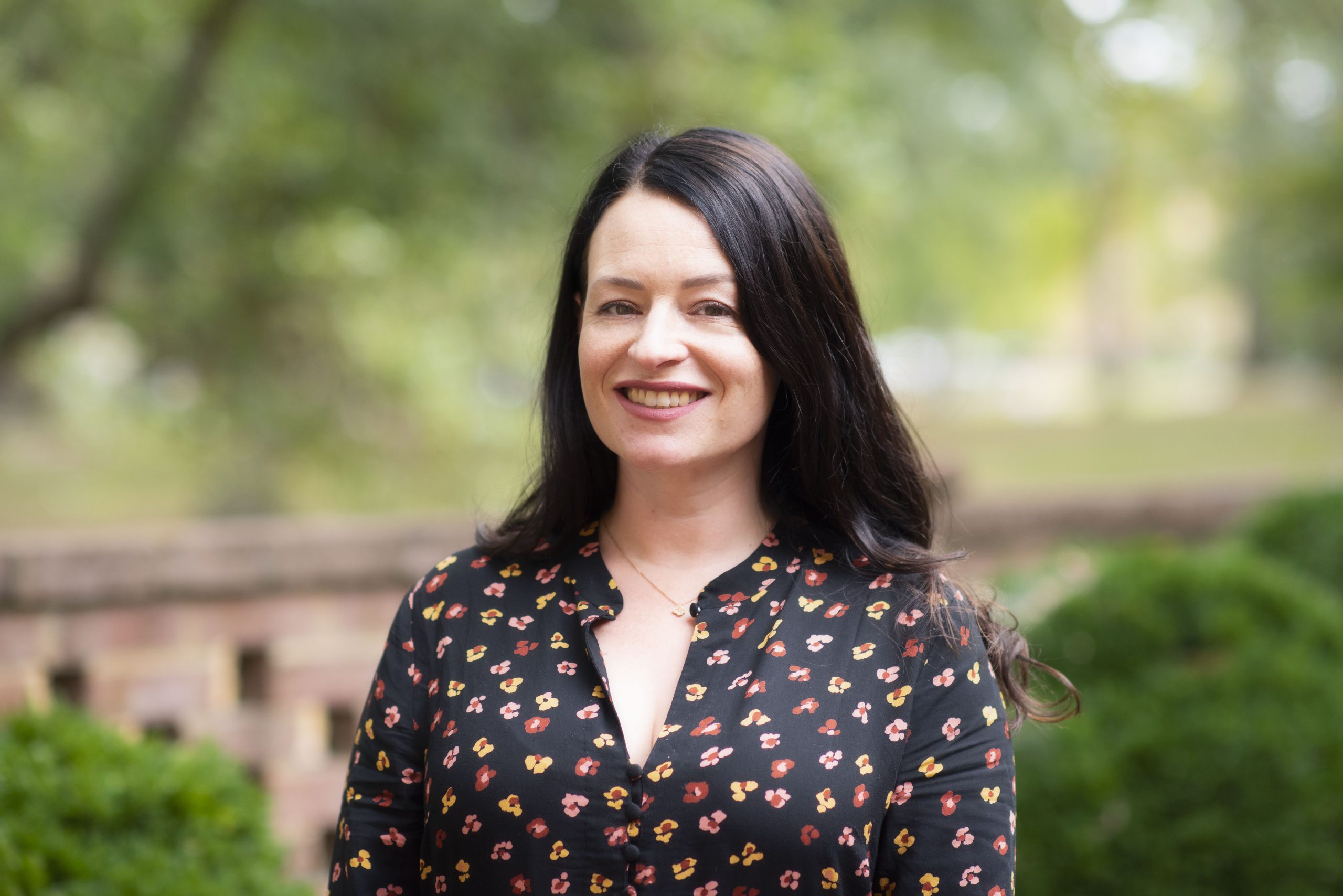Associate professor of communication Alice Marwick’s research project questions narratives of online radicalization, asking how and why people come to believe fringe, false or extremist viewpoints that they encounter on social media platforms.

Alice Marwick, associate professor of communication in the College of Arts & Sciences, has been awarded a prestigious Andrew Carnegie Fellowship.
Each of the 27 members of the 2020 class of Carnegie Fellows will receive $200,000 in philanthropic support for scholarly research in the humanities and social sciences that addresses important and enduring issues confronting our society.
The Andrew Carnegie Fellows Program, established in 2015, represents an overall investment of $38 million in some 200 recipients whose research spans such subjects as U.S. democracy, the environment, technological and cultural evolution, and international relations. The criteria prioritize the originality and potential impact of a proposal, as well as a scholar’s capacity to communicate the findings with a broad audience.
This year’s 27 fellowships were selected from 322 nominations.
Marwick’s research project is “Redpills and Radicalization: Understanding Disinformation’s Impact.”
The global rise of far-right extremism has led to political fractioning, violence and a mainstreaming of hateful content. However, the popular belief that exposure to extremist content online leads to far-right radicalization and even violence is deeply simplistic and unsupported by evidence. Marwick’s project questions such narratives of online radicalization, asking how and why people come to believe fringe, false or extremist viewpoints that they encounter on social media platforms.
Marwick, who researches the social, political and cultural implications of popular social media technologies, is also a principal researcher with UNC’s Center for Information, Technology and Public Life. CITAP is a research center dedicated to researching, understanding and responding to the growing impact of the internet, social media and other forms of digital information sharing.
“As we respond to the many disruptions caused by COVID-19, we must not lose sight of the necessity of solving both today’s and the world’s persistent challenges,” said Susan Hockfield, chair of the Andrew Carnegie Fellows Program jury since 2015. “The complex solutions required for these difficult problems require more than the best of science and engineering; they must also incorporate perspectives and insights from the humanities and social sciences.”
Learn more about the 2020 Carnegie Fellows.
